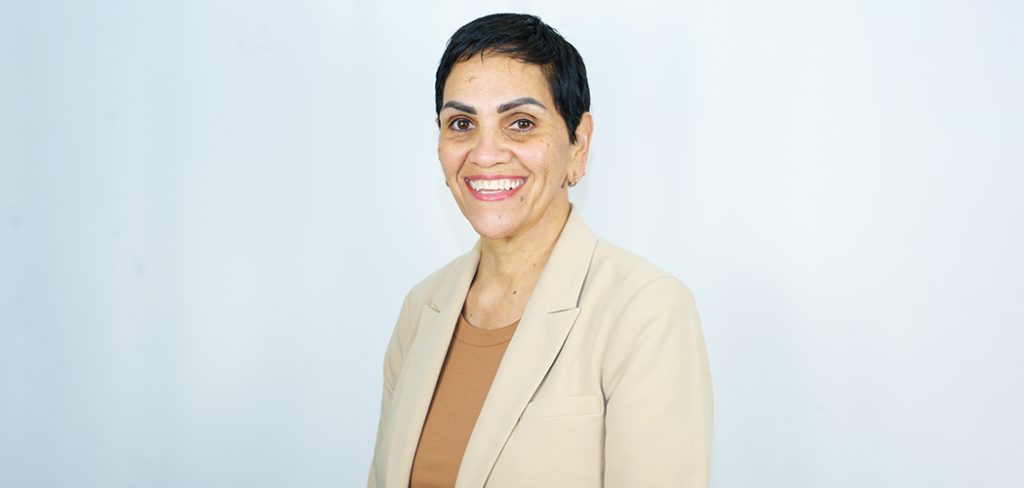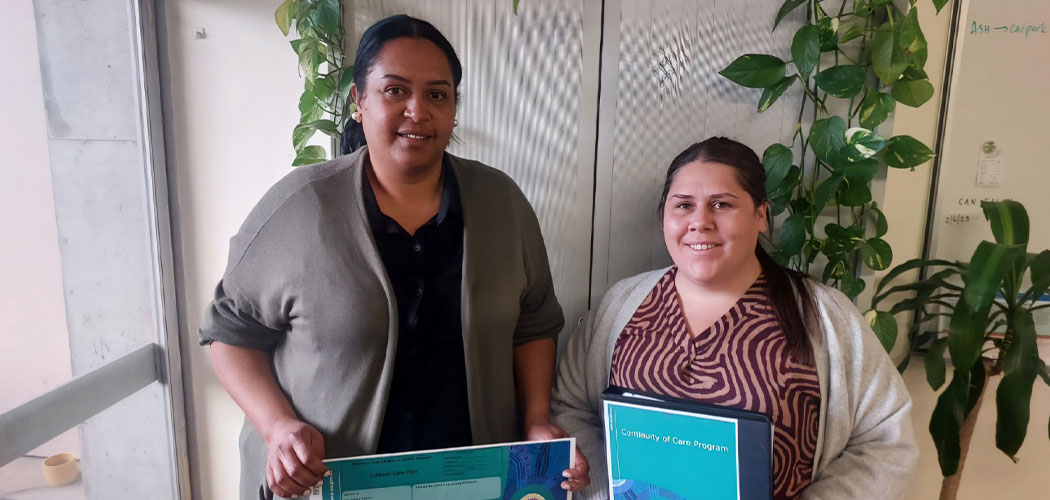Evidence-based practice is crucial for ensuring the best patient outcomes, and as Australia’s largest and most diverse health workforce, involved in almost all sectors of healthcare delivery, it is of great importance that nurses and midwives are equipped to apply evidence-based practice.
However, nurses and midwives often encounter difficulties in translating research evidence into clinical practice due to factors such as limited time, lack of research training, insufficient institutional support, and workplace cultures that do not prioritise evidence-based practice. These challenges are further compounded by fragmented Higher Degree Research (HDR) pathways, where nurses and midwives face additional challenges such as limited access to funding, unclear career pathways, and a lack of clear integration between research and clinical practice, resulting in low uptake.
While these challenges affect all nurses and midwives, this is particularly pronounced among Aboriginal and Torres Strait Islander nurses and midwives. This underrepresentation is attributable to persistent systemic, structural, cultural, and institutional barriers. Aboriginal and Torres Strait Islander nurses and midwives continue to face significant obstacles in accessing research career pathways, contributing to their low participation in HDR programs and the limited availability of practical entry points.
Reforming HDR pathways is essential to increasing enrolment and fulfilling commitments to equity, education, and research success. Building research capacity among Aboriginal and Torres Strait Islander nurses and midwives requires culturally safe teaching and learning environments that are empowering and supportive. These measures are critical for enabling the effective translation of research evidence into clinical practice.
The Deadly OWL Research Program
The Deadly Outstanding Workforce Leadership (OWL) Research Program is a co-designed pilot initiative being delivered alongside the Professional Certificate: Outstanding Workforce Leaders (OWL) Research Program at the Rosemary Bryant AO Research Centre (RBRC), University of South Australia. Developed through an innovative industry–academic partnership, it represents the first nationally co-designed, culturally safe postgraduate pilot research program specifically created to support Aboriginal and Torres Strait Islander nurses and midwives.
The Deadly OWL Research Program aims to enhance Aboriginal and Torres Strait Islander Nurses and Midwives research and leadership skills. It supports participants in undertaking a mentored research project that addresses priority clinical issues in their daily work. The focus is on supporting nursing and midwifery research that drives real-world impact to improve outcomes for community, the workforce, and the health system.
Following the success of the Outstanding Workforce Leaders (OWL) Program, the pilot Deadly OWL Research Program, presents a bold new approach to providing HDR pathways. This postgraduate professional certificate aims to inspire Aboriginal and Torres Strait Islander nurses and midwives and strengthen Aboriginal-led health research. The pilot program is supported by Program Patronage from Professor Roianne West (Professor at the Sydney Nursing School, Faculty of Medicine and Health, and Adjunct Professor at the University of South Australia), and endorsed by Sophie Murray (The Dean Aboriginal Research, Engagement and Education UniSA). The pilot program represents the first phase in developing a fully co-designed post-graduate research qualification for Aboriginal and Torres Strait Islander nurses and midwives. A project to progress co-design of this pilot program will commence later in 2025.
Professor Roianne West, Australia’s first Aboriginal Professor of Nursing, continues to drive systemic change and inspire the next generation of Aboriginal and Torres Strait Islander healthcare professionals. As a Visiting Research Fellow to the Rosemary Bryant AO Research Centre, University of South Australia, opportunities for creating innovation and reform were fostered.

“As the recipient of this prestigious fellowship, I see a critical opportunity to build on this legacy through the establishment of the Deadly Outstanding Workforce Leadership (OWL) Research Program. This initiative seeks to amplify the voices, experiences, and leadership of Aboriginal and Torres Strait Islander nurses and midwives by strengthening research pathways and advancing culturally safe, inclusive healthcare practice.” – Professor Roianne West
Guided by the UniSA Aboriginal Research Strategy 2019–2025 and the Rosemary Bryant AO Research Centre Strategic Plan 2023–2027, the Deadly OWL Research Program will explore practical strategies to address the underrepresentation of Aboriginal and Torres Strait Islander nurses and midwives in Higher Degree Research (HDR). It aims to dismantle systemic barriers, foster empowering environments, and create culturally responsive models of teaching, learning, and leadership development. The pilot program was co-designed to meet cultural considerations and address research and workforce gaps in response to urgent industry demand, with the support of the Women’s and Children’s Hospital Local Health Network (South Australia) and the Rosemary Bryant Foundation.
If Aboriginal and Torres Strait Islander nurses and midwives are interested in getting involved, or any service providers would be interested in collaborating to provide this professional development opportunity to their staff, please contact monica.lawrence@unisa.edu.au or the Rosemary Bryant Research Centre at +61 8 8302 2376.
Authors
Professor Roianne West, Alumni Visiting Research Fellow, University of South Australia, Rosemary Bryant AO Research Centre.
Professor Roianne West is a descendent of the Kalkadunga and Djkunde Peoples from Queensland, a mother, and a grandmother. Roianne is currently Professor, Sydney Nursing School, Faculty of Medicine and Health, and Program Patron for the Deadly OWL Program, Professional Certificate: Outstanding Workforce Leaders (OWL) Research Program.
Monica Lawrence, PhD Candidate and Deadly OWL Program Developer, University of South Australia, Rosemary Bryant AO Research Centre.








